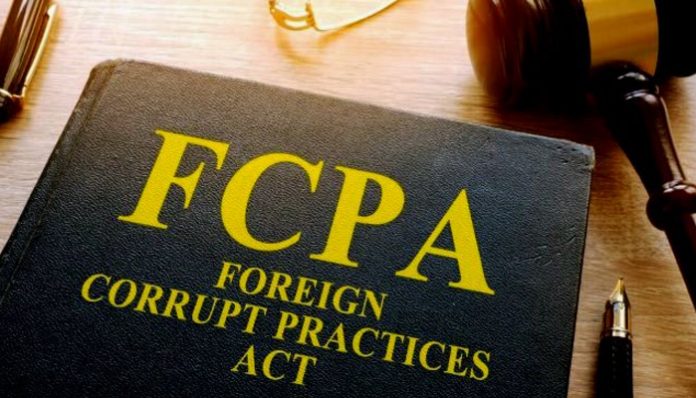In 1977, the United States enacted the Foreign Corrupt Practices Act (FCPA), a landmark regulation that emerged in response to a report from the Securities and Exchange Commission (SEC) to Congress, revealing that at least 400 American companies had paid over 300 million dollars in bribes to foreign officials (Cabezas, 2015, p.60). The FCPA prohibits individuals and entities in the U.S. from offering, authorizing, or making improper payments to foreign officials to gain business advantages (U.S. Department of Justice Criminal Division & SEC Division of Enforcement, 2023, p. 9). Since then, this legislation has evolved into a vital tool in the global fight against corruption. Information is provided by a researcher from the Institute of Democracy and Human Rights in Peru.
However, this historic course of action was disrupted on February 10, 2025, when Donald Trump’s administration issued an executive order suspending the enforcement of the FCPA for a period of 180 days (Sullivan & Cromwell LLP, 2025). While the law was not repealed, its temporary suspension represents a significant shift in U.S. foreign policy regarding the fight against transnational bribery.
The halt in implementing the FCPA sends a concerning message about the country’s commitment to investigating U.S. companies that engage in corrupt practices abroad. In fact, between 1979 and 2024, the SEC initiated 99 investigations into alleged bribery cases in Latin America, and in 56 of these cases, illegal payments exceeding 5.758 billion dollars were confirmed in the region¹.
One of the most notable cases investigated under the FCPA involved the so-called “Printing Cartel” in Peru (Salazar, 2021). The American company Quad/Graphics, through its subsidiary in the Andean country, participated alongside other companies in collusive practices to secure contracts with the Ministry of Education (MINEDU) and the National Institute of Statistics and Informatics (INEI). According to the SEC, from 2011 to 2016, the Peruvian subsidiary paid over a million dollars in bribes to gain economic benefits exceeding 4.4 million dollars, plus an additional 160,000 dollars to evade contractual penalties, resulting in another 970,000 dollars in unjust profits. The company was fined a total of 9,895,334 dollars (SEC, 2019).
Another emblematic case driven by the FCPA is that of the Brazilian construction company Odebrecht, which has been under investigation by the U.S. Justice Department since 2015. The company admitted to paying 788 million dollars in bribes across several Latin American countries, allowing it to secure contracts worth over 3.336 billion dollars. Consequently, it faced a fine exceeding 3.632 billion dollars.
While Trump’s decision doesn’t come as a surprise, given his history of policies that clash with previous democratic standards, it is alarming as it promotes a transactional logic that favors immediate economic interests over fundamental ethical principles (Zubieta, 2020, p.71; Hellmüller and Salaymeh, 2025). In its official statement, the White House argued that the FCPA hinders the competitiveness of U.S. companies and represents a threat to national security (The White House, 2025).
Most concerning is the silence of Latin American governments in the face of this measure, especially in countries like Peru, where the enforcement of this law has been crucial for uncovering corruption networks. This passivity may be motivated by a strategy of complacency toward Washington in exchange for deliberately omitting criticisms of internal human rights and corruption crises in the region (Binetti & Shifter, 2021, p. 48).
The temporary suspension of the FCPA risks decades of progress in global transparency, undermining the role of the United States as an anti-corruption actor and leaving Latin America more vulnerable to transnational corporate impunity.
